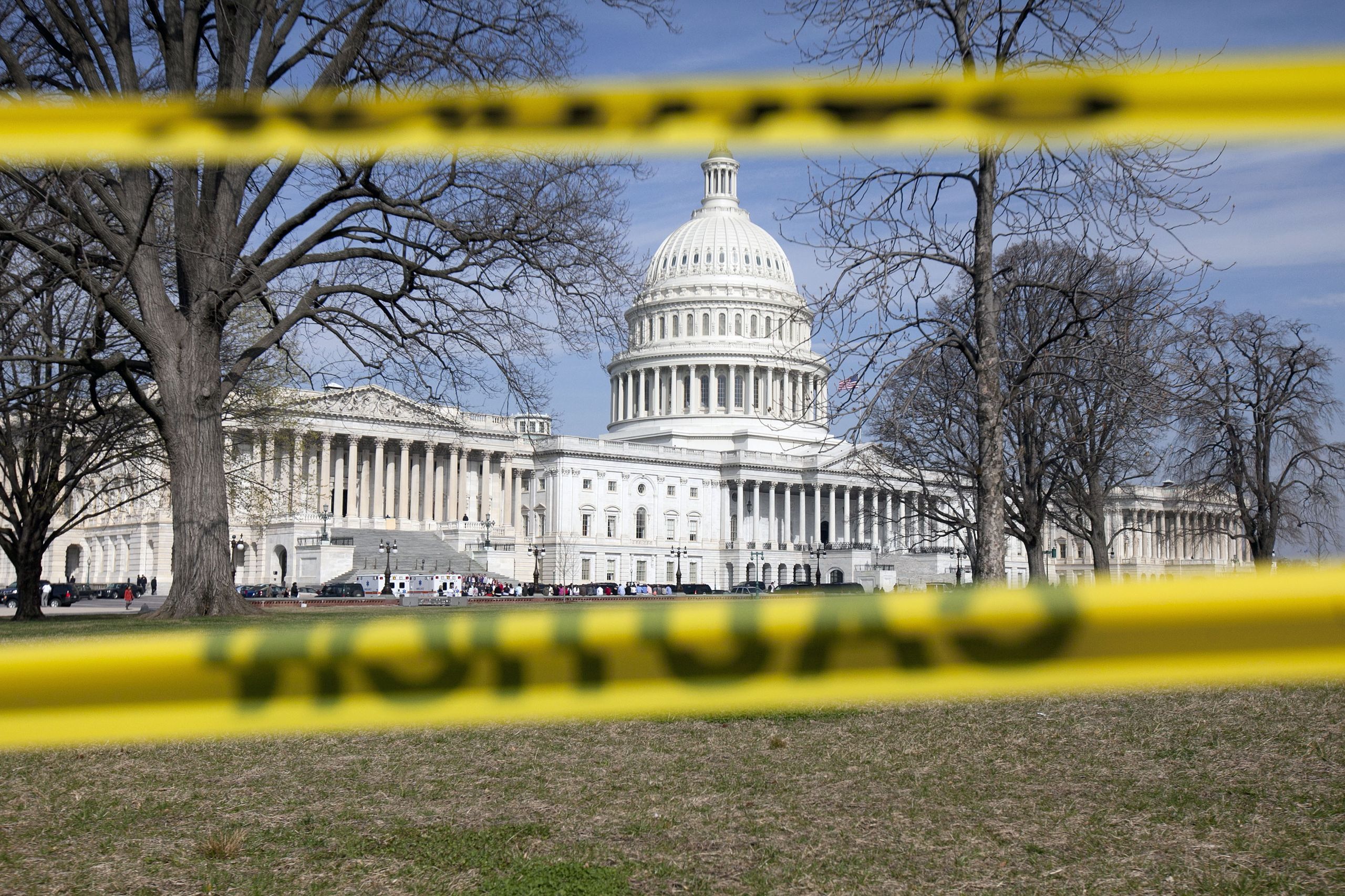Copyright Kiplinger

Question: I'm a government employee without a paycheck and need to get by until the shutdown ends. What can I do? Answer: The government shutdown has now dragged on for almost a full month, and many federal workers are missing their first full paycheck this week. Between a missed paycheck and monthly bills rapidly coming due, this is an understandably stressful time – especially for those who don't have much buffer to get by until the government reopens. But there's no need to panic, even if you've already cut back on discretionary spending and are making a dollar stretch at the grocery store. With some creativity and flexibility, there are plenty of options available to help bridge the gap until you start getting paid again. Whether you're still working without pay or you've been furloughed, here's what the experts recommend doing to keep the lights on and food in your pantry. Check community and state assistance programs – including unemployment In times like these, getting help is better than going deeper into debt or letting overdue bills pile up. "Check with your state to see if you qualify for unemployment benefits. Some states have expanded eligibility," recommended Roy Lederman, personal finance expert and member of the Million Dollar Round Table financial professional organization. These benefits may not kick in right away, but if your state offers a program, get the ball rolling on that application now. You can also find help closer to home. "Look into community assistance programs, which can often help provide a financial buffer," advised Leslie H. Tayne, finance and debt expert and founder of Tayne Law Group. Search online for nearby food banks where you can get groceries, as well as other local charities that might be able to provide help with essentials. Tayne added, "Reaching out to family and friends who could help you financially can be an option worth exploring." Asking for help is nothing to be embarrassed about. But, if you're feeling self-conscious about relying on family or assistance programs, commit to volunteering at your local food bank or donating to the charities that kept you afloat when your paychecks do kick back in. Remember that getting the help you need right now is the first step to getting yourself into a position where you can pay it forward later. Defer your mortgage, rent or other big bills If you know you won't have the cash to cover bigger bills like mortgage or rent after cutting out all the nonessentials from your budget, don't wait for those bills to come due. Call now to ask about deferral or forbearance options. You can even call up your utilities to see what hardship assistance programs they might offer. You may be able to defer payments or negotiate a lower-cost payment plan before you miss a bill. "Many companies have hardship programs, especially during hard economic times," Lederman said. "Be ready to provide details about your situation that include how long you expect to be without income. Also, follow up in writing to confirm any agreements, so you have a paper trail." This tactic should be used after making what cuts you can elsewhere, though. Deferred payments can often mean paying more in the long run as interest continues accruing during the deferral period. That will get tacked onto your balance. "For example, on a $200,000 mortgage at 6%, a three-month deferment period could add several hundred dollars in interest," Lederman explained. Still, if you don't have savings and you're choosing between paying your mortgage or putting food on the table, deferring your mortgage is worth it. Just keep that extra interest in mind and don't use this tool any longer than you have to. Get a credit card with a 0% introductory rate to cover essentials While you can defer some expenses and cut out others entirely, things like gas and groceries are trickier. One option to consider is signing up for a credit card with a 0% introductory rate (and no annual fee). This will buy you around 12 to 18 months of interest-free credit that you can use to feed your family and fill up your tank. "Only use it for absolute necessities and avoid using it for anything else," Lederman cautioned. "Be certain you can pay off the balance before the introductory period ends, as regular APRs can be 20% or higher." Get a temporary side job to bring in some cash If you need to find a way to get cash flow coming in without your usual paycheck, gig work is a flexible option. "Even if your furlough is temporary, platforms such as DoorDash and Uber can provide quick income," Lederman said. "Delivering food for DoorDash or driving for Uber a few hours a week could bring in a few hundred dollars of much-needed income until income returns." You can log enough hours on these platforms to fill the gaps in your savings or help you avoid more costly measures like deferring your mortgage and other debt payments. Temporarily drop your car insurance to minimum coverage If your insurer makes it easy to adjust your coverage, you can temporarily drop your car insurance to minimum coverage. This usually means giving up collision and comprehensive coverage, which leaves you on the hook for damages in an at-fault accident. So, it's not a risk to take lightly. But, in a pinch, it can shave about $1,800 per year (or $150 per month) without resorting to giving up your car entirely. That cash can be redirected to help with groceries or utility bills while you're waiting on your paycheck. You can get through this Financial stress is one of the toughest kinds of stress to deal with, especially in a situation like this where there's no end in sight and so much feels out of your control. You might need to make some temporary sacrifices in your lifestyle or ask for help when you're used to being self-reliant and independent. But there is a way through, and this will end eventually, even if we're not sure exactly when. This is a crisis we're facing together as a nation, and people are willing to help — just as you help serve the nation.



